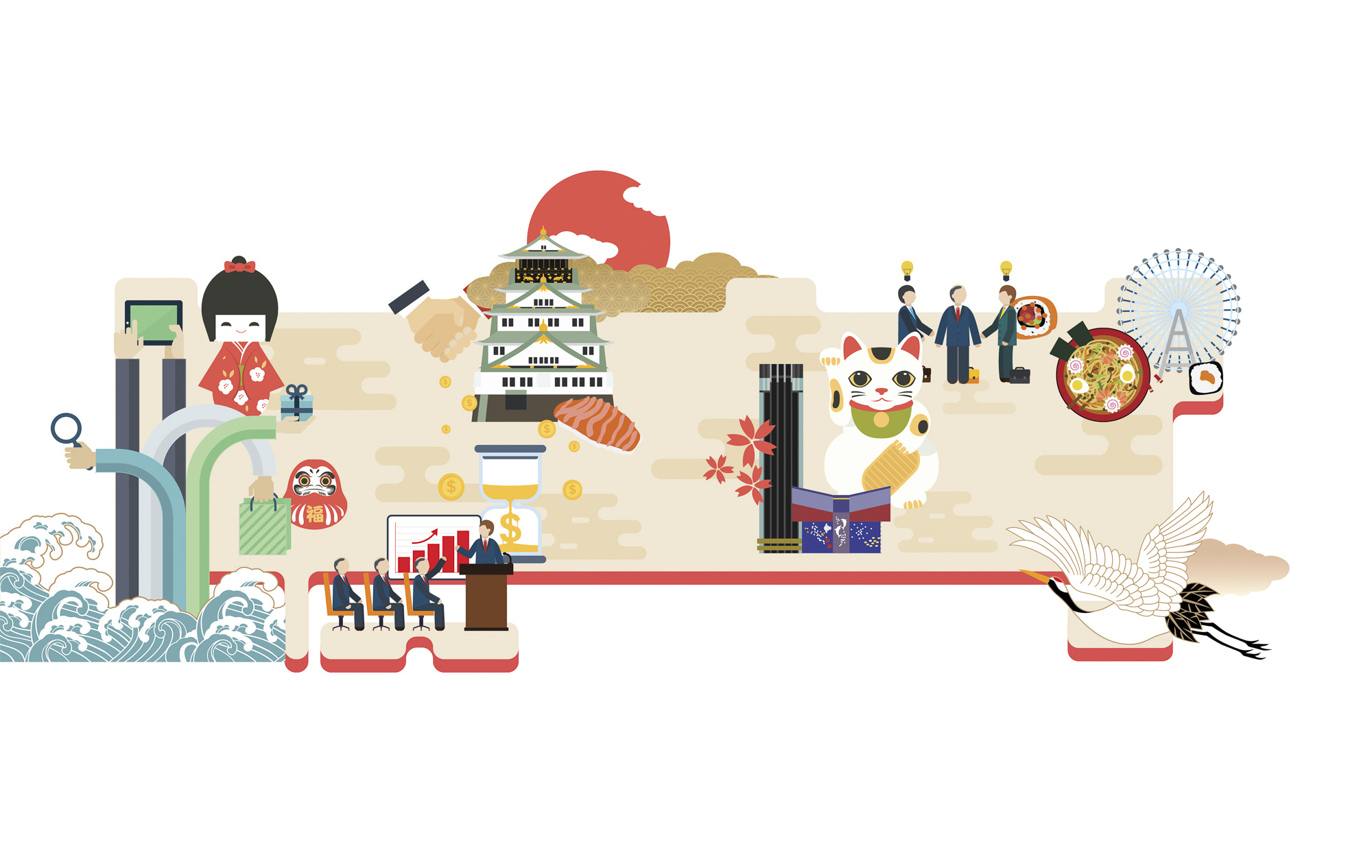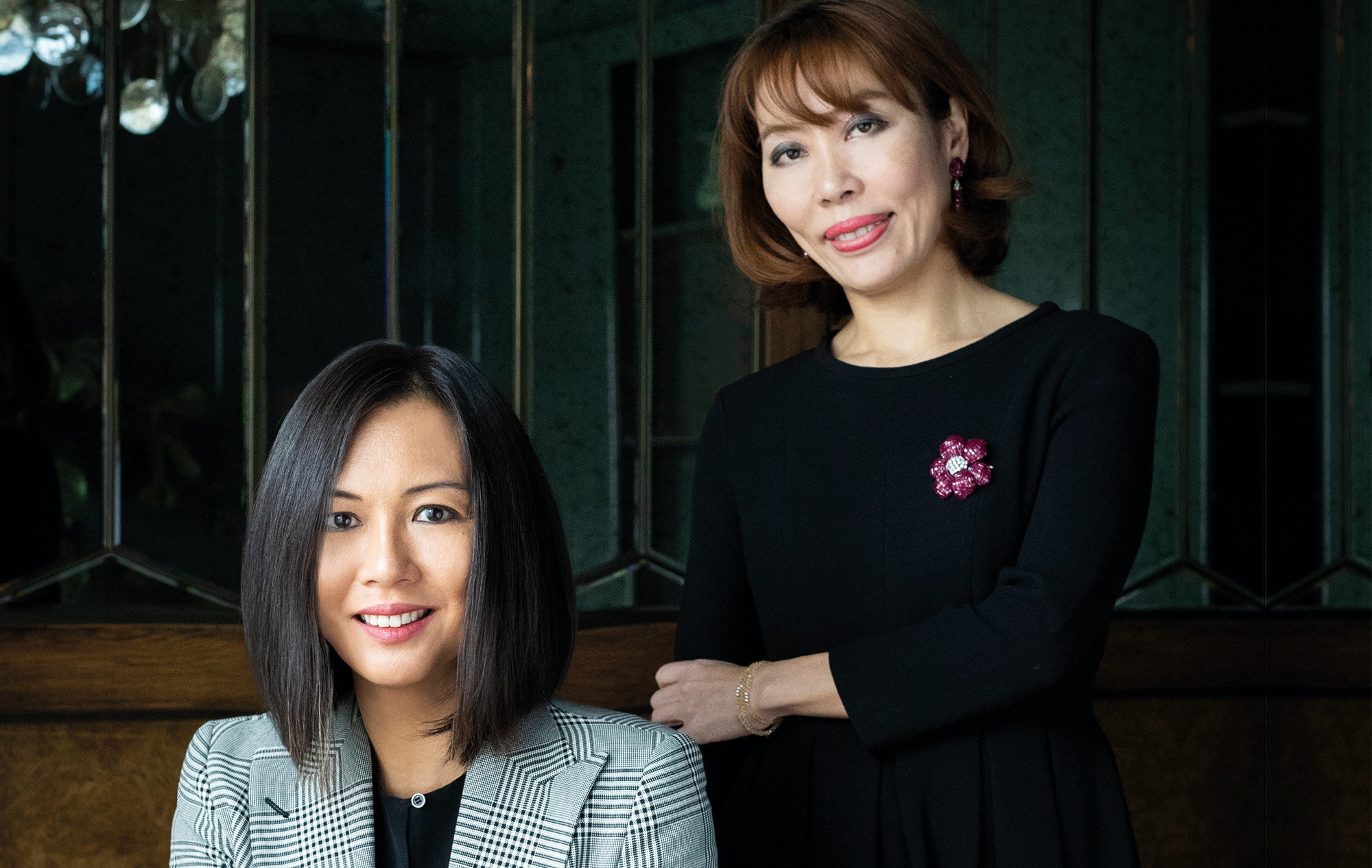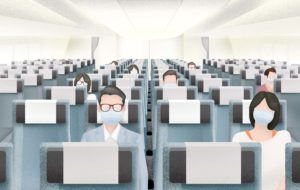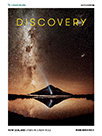Considering Japan’s reputation for technological advancement, it is somewhat surprising that its major cities have been outpaced by the likes of Beijing, Singapore, Hong Kong and even Bengaluru when it comes to attracting and nurturing startups. High costs, language difficulties, cultural differences and an abundance of red tape have no doubt deterred many budding tech entrepreneurs from choosing Japan in the past, but, as the country attempts to bolster its tech industry to boost its stagnant economy, signs of change are discernible.
And while the lion’s share of Japan’s startups can be found in Tokyo, the Kansai region – and Osaka in particular – is starting to emerge as a viable alternative. Evidence can be seen at the Grand Front Osaka mall, the centrepiece of the seven-hectare Umekita Phase 1 Development, home to organisations aimed at nurturing startups.
These include Knowledge Capital, an initiative that aims to help startups get off the ground. Its facilities include members-only co-working space/incubator Knowledge Salon and The Lab, a three-storey space that showcases experimental prototypes that shoppers can try.
Also located at Grand Front is the Osaka Innovation Hub (OIH), a government-driven innovation business centre that hosts around 200 events, workshops and programmes each year, and offers services such as legal and investment advice. OIH also operates a seed acceleration programme that coordinates partnerships between startups and major corporations and connects entrepreneurs to VCs.
Tugi Günes of Global Venture Habitat (GVH) Osaka, a co-working space and incubator, says that while the startup scene in Osaka is still relatively embryonic, the city has many significant advantages. ‘First of all you have the manufacturing history – Panasonic, Sharp and all the big electronics companies are based here – and beyond that, Osaka has a very open culture, the people have a “just do it” mentality.’
The city also has lower cost of living than Tokyo and enjoys a steady stream of talent from the Kansai region’s many highly rated universities – although Günes says most graduates opt for the security of major corporations rather than startups. Nevertheless, with the 17-hectare second phase of Umekita – which will combine green space with innovation-led facilities and cutting-edge IoT technology – slated for completion by 2024, a year before Osaka hopes to host the World Expo, it seems the city is laying the foundations for a bright future.
The person: Akinori Takahagi

The CEO of wearable smart-toy-maker Moff, Osaka-born Akinori Takahagi is at the forefront of changing the way kids play around the world. Formerly a product manager at Mercedes-Benz and Kraft Foods, Kyoto University graduate Takahagi co-founded Moff in October 2013, developing what would become the Moff Band at an OIH hackathon and then obtaining funding through Kickstarter. The big idea: a Bluetooth-enabled smart bracelet that makes a variety of realistic sounds – from musical instruments and sporting noises to clashing swords and magic wands – in response to the wearer’s movements.
‘Parents don’t like kids using screens and tablets primarily because it is so passive,’ Takahagi told Mashable following Moff’s launch in early 2015.
‘Moff solves this issue because it blends the technology with physical activity – it makes kids jump up and move around, exercise their imagination and play with friends.’ The company was subsequently named one of the ‘12 Startups that Will Change the Way We Play’ by the San Francisco Business Times.
Takahagi has gone on to sign partnerships with Japanese gaming company Bandai Namco Entertainment (makers of Pac-Man) and American public broadcaster PBS Kids (of Sesame Street fame) to create educational games that can be played using the smart band.
But Moff isn’t just for kids. Takahagi has also steered the company into the health sphere, raising US$2.7 million in March 2017 to develop a platform that uses the band’s motion, position-recognition and data-analysis technologies for uses as diverse as fitness tracking and enhancing care of the elderly – a smart move given Japan’s ageing population.
The product: Akippa
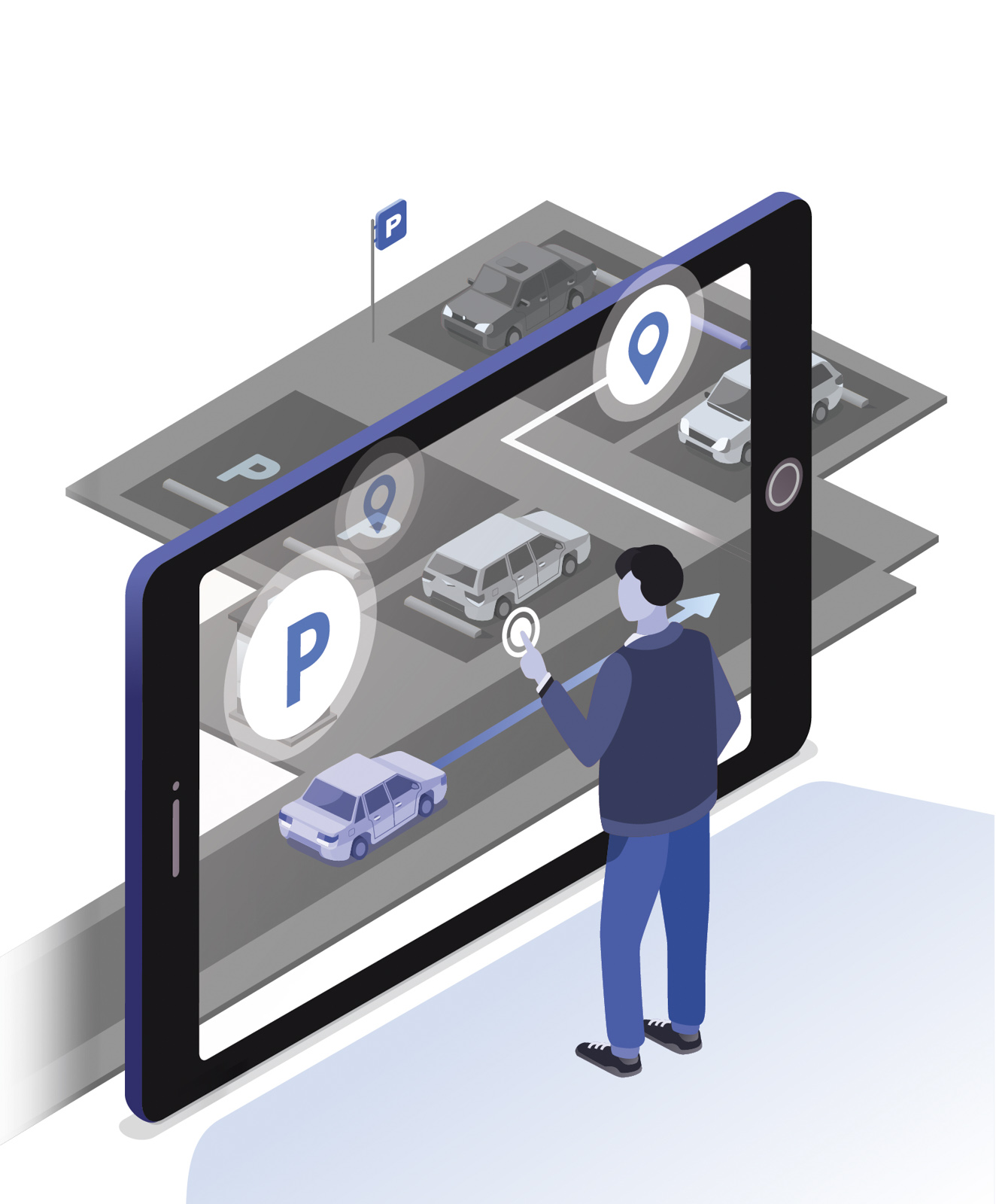
Finding a parking space can be a pain at the best of times, but in Japan even more so, as motorists are legally obliged to prove that they have a parking space before they can buy a car. This usually means renting a parking space, which must be within two kilometres of your home address and often means forking out up to three months’ rent as a deposit.
Tackling this problem is Akippa, a platform that facilitates peer-to-peer parking-space sharing as well as allowing motorists to reserve spaces in advance at a variety of car parks. Founded in Osaka in 2014, the company does for parking spaces what Airbnb does for apartments, allowing people with spaces that are wholly or partially unused to rent them out with ease, while giving drivers the ability to search for and reserve parking spaces across Japan.
Previously limited to un-gated or manned parking lots, Akippa recently unveiled a system that allows users to open gates at unmanned lots by inputting an access code generated by the app, thus massively increasing the number of sites at which the service can potentially be used.
On the back of its success (it currently has about 700,000 users and covers 20,000 parking spaces), Akippa raised US$7.4 million in funding in May, and announced that it hopes to grow to 100,000 spaces by 2020. Plans to expand into peer-to-peer car sharing are also in the pipeline.
What to watch
Personal paparazzi
Created by Osaka-based Plen Robotics, PLEN Cube is a palm-sized, box-shaped robot that acts as your personal assistant and photographer. This voice-activated device can automatically shoot and share photos and videos, as well as control internet-connected home appliances.
Food for the soul
Named after the Japanese phrase gochisousama, which is said after a meal to express gratitude, Gochiso is a restaurant-booking platform that lets users earn points to either redeem meals or donate money to non-profit groups.
Virtual design
Selected to represent Japan at the Get in the Ring pitch contest finals in Portugal earlier this year, MARUI is a plugin for 3D/CAD software Autodesk Maya that allows designers to carry out product modelling and animation work in VR using a headset.
Cathay Pacific flies to Osaka from Hong Kong 42 times a week



